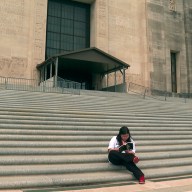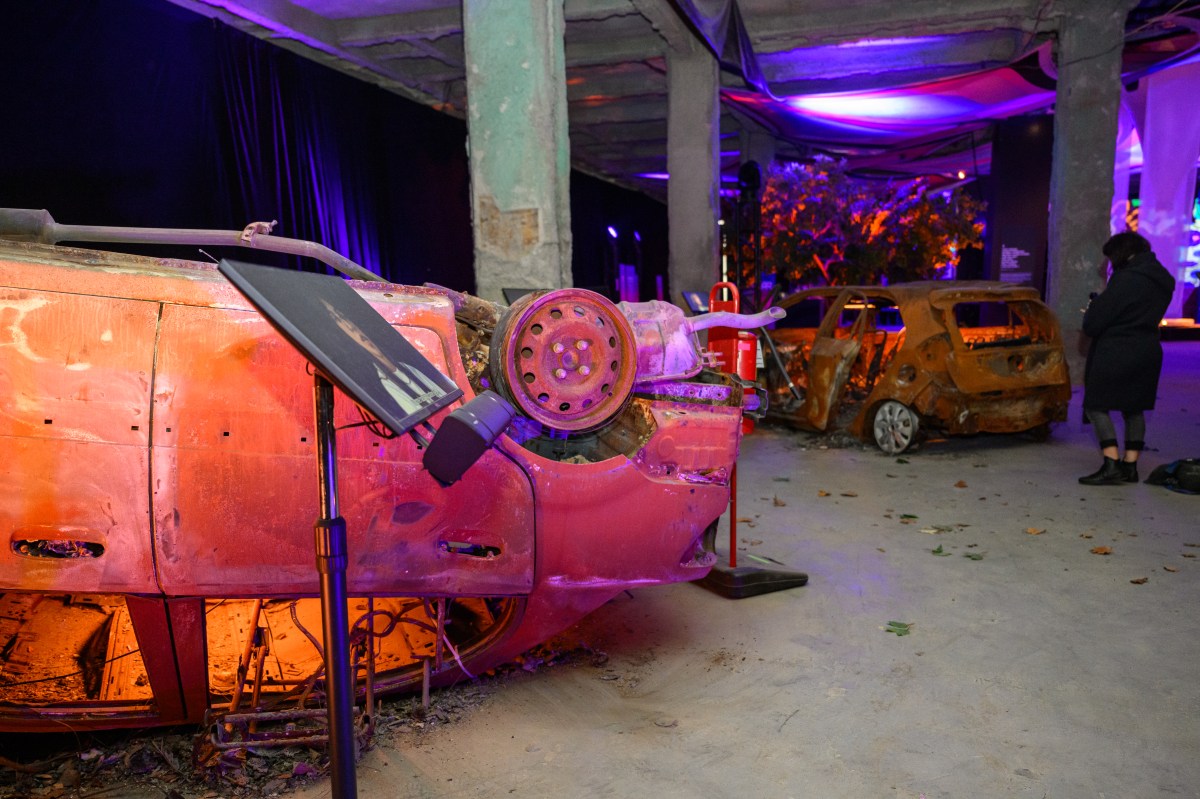
Outside of the quick rounds of backstage questions, Miuccia Prada rarely does interviews. But with the upcoming release of The Great Gatsby, which features her costumes, interest in the designer is high. So does that mean the Q&A with her in Monday’s Women’s Wear Daily is the first of many to come? A few highlights below.
Her women’s collections often begin with the men’s:
It’s a process that often starts from the [men’s]. The men’s was really simple and graphic. So [the women’s] had to be graphic, but also feminine. You have to add so much; women’s is so much more complex and so much more interesting. So “graphic and feminine” started becoming this basic flower. After, another important point is adding a personality of women, a drama of women, an excitement of women, a character of women, a certain psychology of women.
She can create a show in one month:
I do the show basically in one month. It’s a very dense process to try to find what I call “the title,” basically what I’m trying to express. More and more, [it emerges during] the last two days when I start to do the fittings and so on, when I know what I want to say.
In her opinion, it’s ridiculous to look too rich:
Until the ’70s or ’80s, there was still a group of elite that kind of lived among themselves. It was economic or social. Eccentricity was possible because you were living among equals, a small elite. This does not exist anymore. You live with so many people. Everybody is much more public. There is no place for this elite that made fashion more eccentric than is possible now. Now there is everybody. Rich, poor, Chinese, black, any kind of religion, any kind of race. [All kinds of people] live everywhere in the world. You have also to have decency, let’s say. If you look too rich or too eccentric, you look ridiculous.
On those spring furs:
No. I never wore them. But now, because they are so forbidden, there is a contradiction, because they are a symbol of something finished, something that really existed. … It’s part of what can’t exist anymore. It’s part of that old way of being a woman but still meaning so much. My generation, we come from 2,000 years when eating meat, wearing fur, was normal. Now, you can’t eat meat, you can’t wear fur, which I understand. I prefer to do politics [differently] than writing “no fur” on the T-shirt. I always thought it was too easy. This is my way of provoking. It’s part of a larger discussion, but now we’re getting into something complicated.
She doesn’t like visiting her stores:
No, because I am so terrified that what I see is not reflecting my ideas. I nearly don’t go. I’m scared to go.
And she’s not a fan of e-commerce:
Yes, we don’t like it. I don’t care. My husband hates it, and we think for luxury it’s not right.
















